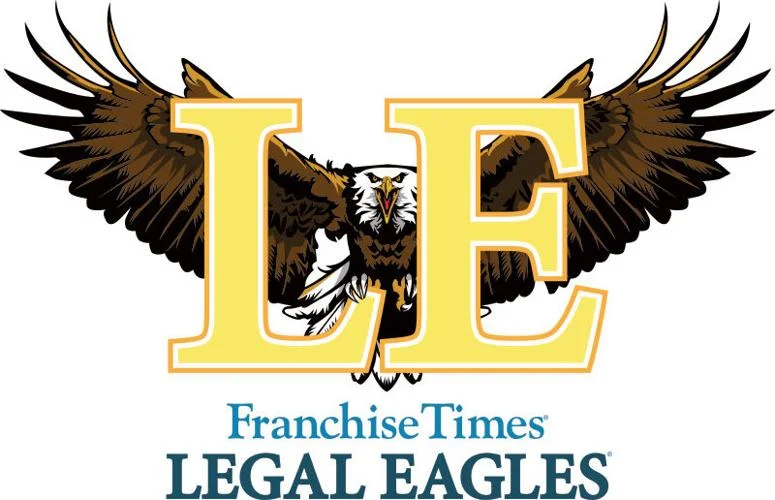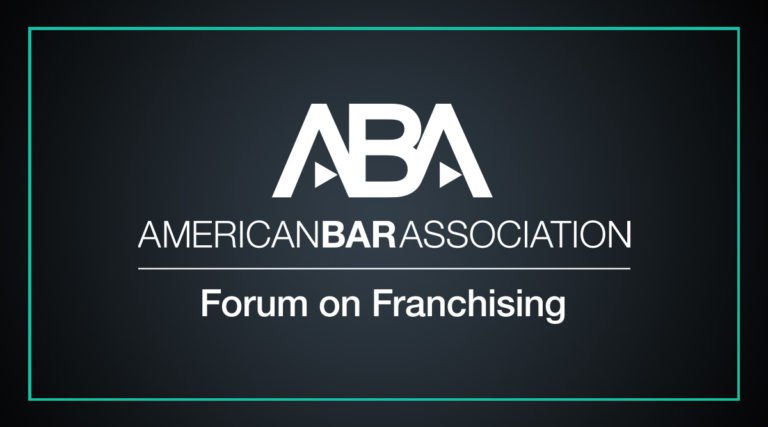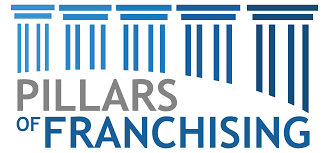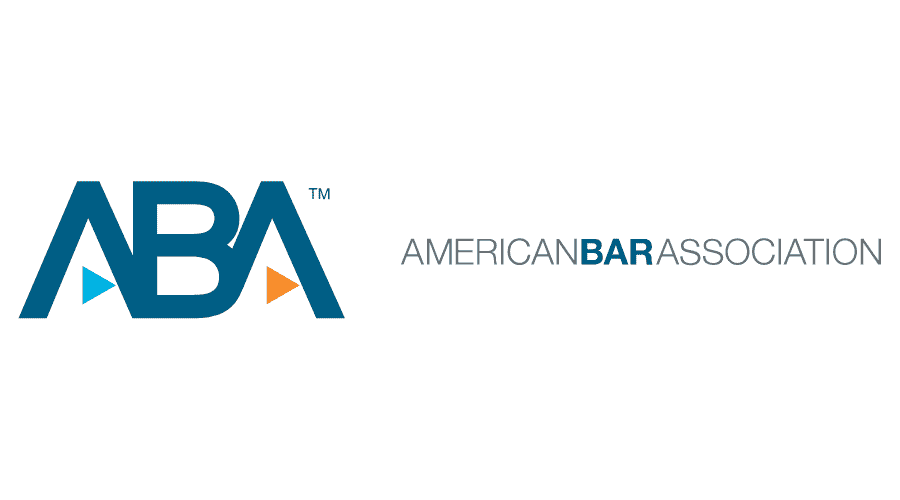What You Need to Do Before Rebranding
If you are reading this, you have made your first step to turning your business into a nationwide franchise. For some brands, however, that may come with a particular growing pain: rebranding. We at Roda Chalfant wrote this article to guide budding franchisors through rebranding and show how trademark law is the key to their success.
Trademark Law
Trademark law is designed to prevent "consumer confusion," where customers associate you, your products, or your services with another business. Consumer confusion can lead to lost sales and revenue and damage your business' reputation. However, trademark rights are established on a first-to-use basis, meaning that the first business to use a trademark in commerce has a superior claim to the mark compared to businesses that later use a similar trademark. Registering your brand name at the Patent and Trademark Office is something all franchisors must do if they want their franchise to succeed.
Registering At the Patent and Trademark Office
Both legally and commercially, one of the most critical steps in franchising is trademarking your brand name with the United States Patent and Trademark Office (or "PTO"). Most states require franchisors to have a federally registered trademark before selling franchises there. For franchise filing and non-registration states specifically, having a federally registered trademark allows you to avoid registration fees and filing applications.
Trademarking your business name has several legal benefits that protect you, your franchise, and your franchisees down the road. First, trademark registrations at the PTO have nationwide protection, allowing you to take legal action against anyone who uses a similar name in a way that causes consumer confusion. In turn, having a registered trademark makes enforcing your rights in court easier and more cost-effective as you are legally presumed to have a valid mark.
An often-overlooked benefit is that trademark registration allows you to use the ® symbol, indicating that your brand name is legally protected. This can increase your brand's visibility and credibility, making it easier to do business nationally and internationally. In addition, a registered trademark adds value to your business as a franchisor, making it more attractive to potential investors and franchisees.
Protecting Yourself From Common Law Users
What does "common law" mean? Common law refers to businesses using a similar name to your trademark without registering it. These businesses have established rights to use the name through continuous use in commerce. Fortunately, the PTO does not consider common law users when reviewing your trademark application. However, common law users can pose a threat to your pending application and franchise after it has begun expanding.
In the trademark registration process, there is a step where your application is "published for opposition, where interested parties will have 30 days (not including any extensions) to object to your mark's registration. The most common reason for objection is that your mark is too similar to theirs and will likely result in consumer confusion.
Once your mark registers, though, common law users can still endanger your franchise. If a common law user is operating in the same or similar industry as you, this can cause confusion among consumers, who may believe that the common law user is affiliated with you. This can damage your reputation and reduce the value of your franchise system.
However, litigation is the greatest threat a common law user can pose to your franchise. If a common law user has superior trademark rights, they can sue you or your franchisees for trademark infringement. This can result in expensive legal fees and monetary damages, and a court may also issue an injunction preventing your franchisee from using the infringing mark. This could force your franchisee to incur additional costs to rebrand and reconfigure their business. Worse yet, if the common law user succeeds, they can invalidate your trademark registration entirely, forcing you to rebrand again and causing irreparable harm to your franchise.
You must consider common law trademark owners before settling on a new name when rebranding. Owning a trademark is more than acquiring the registration; you must also protect it. Thus, selecting your brand name requires significant forethought. Jumping into a new brand name without considering the common law and registered users can potentially result in untold fees, headaches, and the end of your franchise.
Rebranding does not have to be scary if you have the proper support. At Roda Chalfant, we pride ourselves on being the attorneys who have been there before. As the firm's lead trademark attorney, I have been there every step of the way to help businesses succeed. From rebranding to registration to renewal, Roda Chalfant will equip you with the practical skills and everything you need to develop and grow your business safely, effectively, and confidently. For more information on how to move your franchise forward with confidence, call Roda Chalfant at (888) 644-1997 or email us at Info@RodaChalfant.com.
By: Gage Meyers










